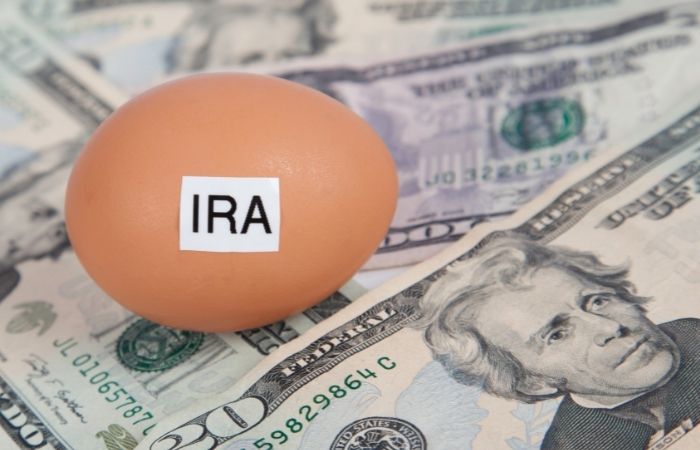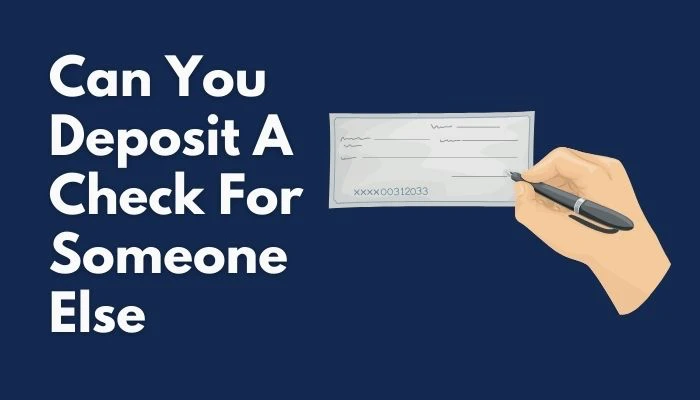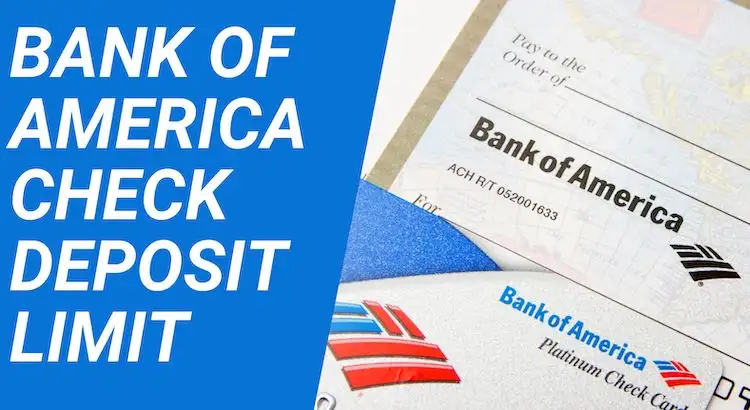Avoiding taxes on IRA withdrawal requires you to be smart and plan ahead. Being strategic right from when you start planning your retirement is a smart move. This is because some plans are better than others when it comes to how taxes are applied.
For example, opening a Traditional IRA will cost you pre-tax dollars, meaning, you will pay the tax when you withdraw the funds. Something that you wouldn’t have to worry about when you open a Roth IRA, as this is funded with your after-tax dollars so you wouldn’t have to pay any taxes when you withdraw the money.
Roth IRA vs. Traditional IRA
The biggest difference between these two is how taxes are applied. Avoiding taxes on IRA withdrawal means Roth IRA is your best option. This is because your contributions are not deductible and retirement withdrawals are tax-free.
On the other side, contributions are tax-deductible for traditional IRAs, as well as retirement withdrawals.
Except for taxes, check out the table below for more comparison of the two options;
| Roth IRA | Traditional IRA |
|---|---|
| You can withdraw anytime without worrying about taxes and penalties | You can discontinue depending on your income |
| You can only discontinue your contributions at higher income | Tax payment on your retirement distribution applies as on ordinary income |
| Once your withdrawals are qualified, they are tax-free | You have to make Required Minimum Distributions at age 72 |
| You can withdraw your contributions (not earnings) early, without being charged any penalties | Early withdrawal will cost you a 10% early withdrawal penalty, as well as taxes |
How Can You Avoid Paying Taxes on My IRA Withdrawal
As seen in the table above, you don’t have to worry about an early withdrawal penalty if you save with a Roth IRA, while on the other side, you must incur a 10% early withdrawal penalty for withdrawing early on a Traditional IRA account.

However, depending on the circumstance as to which you are making an early withdrawal, you might be able to avoid withdrawal penalties, even though tax charges may apply depending on the situation. This includes;
1) Purchasing a Home for the First Time
You can withdraw up to $10000 early, and put it towards purchasing your first home.
2) Educational Expenses
Some educational expenses are eligible. But this may only be used on yourself and/ or immediate family members.
3) Disability
Penalty-free early withdrawals are accepted if you are disabled.
4) Death
If you pass on, your beneficiaries will not incur any penalties for withdrawing early from your IRA account.
5) Medical Expenses
Unreimbursed medical expenses are eligible for penalty-free early withdrawal. Note that the expenses must be above 7.5% of your AGI (Adjusted Gross Income).
6) Birth or Adoption Expenses
If you become a new parent and the funds are meant to pay for your adoption or birth expenses, you can withdraw up to $5,000 from your retirement account without incurring an early withdrawal penalty.
7) Health Insurance
You can withdraw your retirement funds early to pay for your, your spouse’s, or dependant’s health insurance, only if you have been unemployed for 12 weeks and more.
8) Periodic Payments
This means making an arrangement to receive your money on a regular schedule.
9) Involuntary Distribution
If the distribution is caused by an IRS tax levy, you can always claim a penalty exception as on IRS Form 5329.
10) Reservist Distribution
If you are a member of the National Guard or a Reservist, you are eligible for a penalty-free early distribution if you have to be on active duty. Some rules and restrictions apply.
Other Strategies for Avoiding Taxes On IRA Withdrawal
There are other ways you can go about avoiding taxes on IRA withdrawal or reducing them. Some of them include;
- You can get a tax deduction of up to 30% by making charitable donations from your IRA.
- Take advantage of standard tax deduction. That is, make a withdrawal of the approximate amount your standard tax deduction allows before you get taxed. Usually, this would be around $20, 300 if you don’t have dependents and you are married.
- You can also set up a QLAC (Qualified Longevity Annuity Contract) and exempt 25% of your RMDs (Required Minimum Distributions) requirements, up to $130, 000. You can expect this to last until you are 85 years, making it worthwhile if you have to pay a premium to set it up.
Tax on IRA Conversion
While they may not help you in avoiding taxes on IRA withdrawal, there are some tax implications on IRA conversion. That is if you are in the process of converting from a traditional to a Roth IRA. After the age of 59 ½, taxes will not apply to your Roth IRA.
However, the whole conversion process will create a taxable situation. If you expect to be in the higher tax bracket in retirement, it is recommendable to convert to Roth. On the contrary, if you are in the lower tax bracket expectation, you might want to convert just a portion and not the whole account.
Tax on Multiple IRAs
If you want to have multiple IRA accounts then you need to put some investment strategies to play. For example, if you go for both Traditional and Roth IRAs that are funded by pre-tax and after-tax dollars, respectively, then you might just have a tax strategy that wins.
Since your taxes are directly deductible from your income, you can reduce them by making your yearly deposits in your Traditional IRA account. Whatever you deposit in your Roth IRA will then be used to access tax-free income during your retirement.
Another strategy that may help you in avoiding taxes on IRA withdrawal, or rather reducing your taxes includes investing in other assets. A good strategy may be investing stocks in one account, bonds in another, and crypto in another. You can then do your analysis on what asset is the most beneficial to you.
Yet another working strategy is, instead of having and investing in multiple IRAs, you can have a Roth IRA and then open a brokerage account. You can then fund your IRA account with dividend and interest-paying stocks and bonds.
You will be able to minimize your tax liability if you have these assets in your Roth IRA account because they are taxed as ordinary income.
Bottom Line
While completely voiding taxes on IRA withdrawal might not be totally possible, you can significantly reduce your taxes and enjoy your tax benefits to the maximum if you choose the right strategies to save and invest in your retirement.
If you are not well versed in these matters, hiring a financial advisor is highly recommended. With a professional, you can be sure to get expert advice that will help you make superior moves, minimize taxes on your IRA withdrawals, and get maximum benefits.

